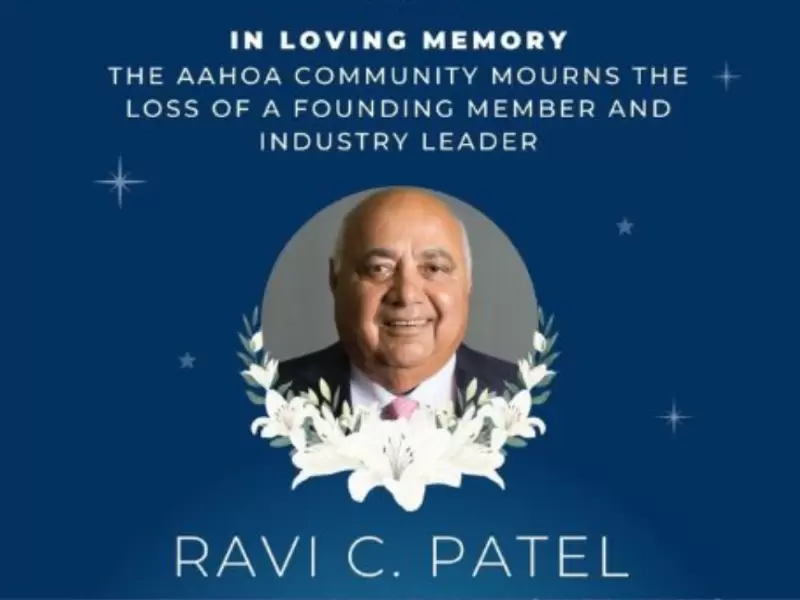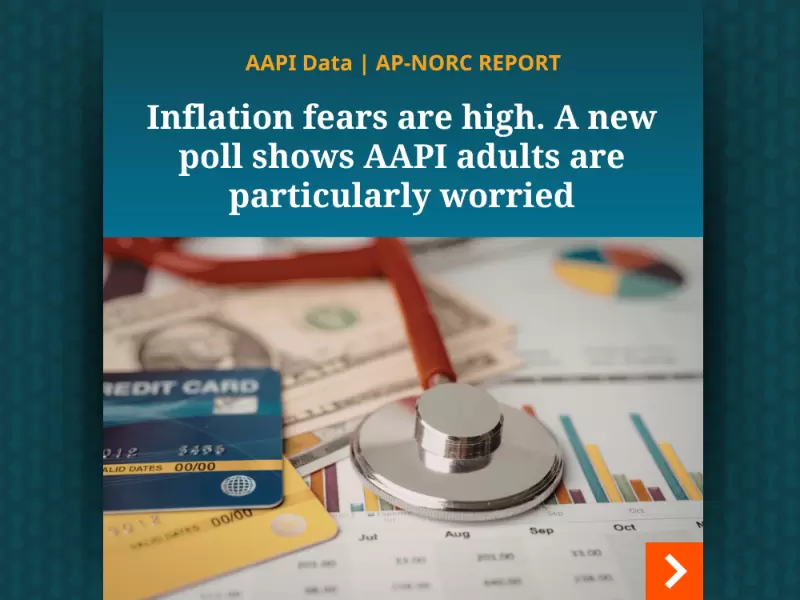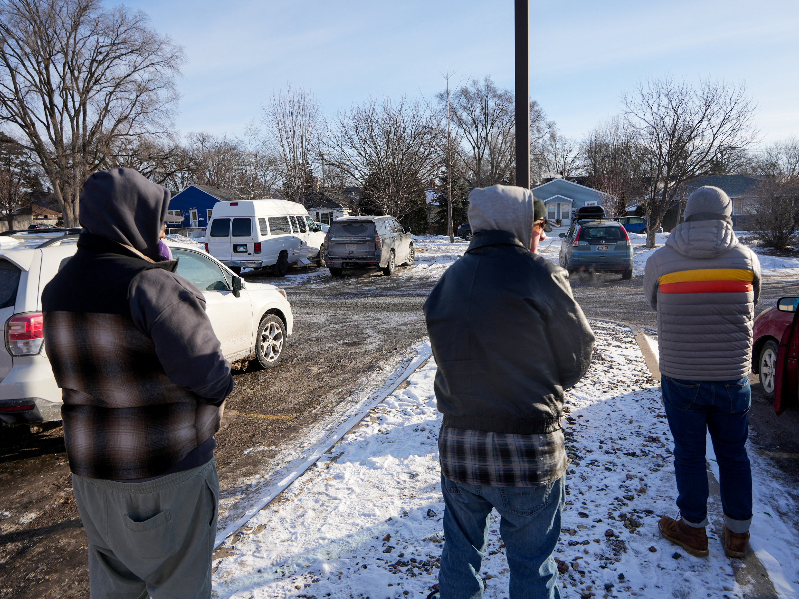Sunak, Murthy launch Richmond Project in UK
The charity’s first initiative is a national survey to asses numeracy skills in the country.
 Rishi Sunak and Akshata Murty / X (@RishiSunak)
Rishi Sunak and Akshata Murty / X (@RishiSunak)
Former UK Prime Minister Rishi Sunak and his wife Akshata Murty have launched a new charity, The Richmond Project, to improve numeracy across the country.
The charity, named after the couple’s home constituency in North Yorkshire, will focus on building number confidence across all ages and everyday settings, from schools to workplaces.
Also Read: 261 Indian-origin politicians elected around the globe: Foreign Ministry says
Announcing the initiative on X, Sunak said too many people are held back in life by “a fear of numbers” and described the project as the UK’s largest ever study of public attitudes to numeracy.
In a joint statement, Sunak and Murty said, “When it comes to numeracy what we need most is cultural change. If we can give more people confidence with numbers, we can change lives and boost social mobility in this country.”
A fear of numbers holds too many people back in life.
— Rishi Sunak (@RishiSunak) September 26, 2025
Akshata and I founded @richmondproj to change that.
Today we launch the UK’s largest ever study of public attitudes to numbers to find what works and turn it into practical help at home, in classrooms and in workplaces. pic.twitter.com/cHQ4VWHPHG
The Richmond Project will begin with a national survey to assess public attitudes to numeracy, which the founders say will guide future interventions. They added that education had been a priority during their time in Downing Street and would remain central to the work of the new project.
The project builds on Sunak’s push as Prime Minister to extend mathematics education to 18 and Murty’s “Lessons at 10” initiative, which brought schoolchildren into Downing Street for learning sessions.
“Education is the closest thing we have to a silver bullet for changing lives, which is why it was such a priority for us in Downing Street and why we set up The Richmond Project,” the couple said.
They argue that greater confidence with numbers can improve everyday decision-making, from shopping to mortgages, and ultimately contribute to wider social mobility.
According to government data and academic reviews, more than half of working-age adults in the UK are reported to have low numeracy skills, a gap that experts say has direct consequences for financial security and career opportunities.
The charity has already announced senior leadership appointments to oversee its operations.
ADVERTISEMENT
ADVERTISEMENT
E Paper
Video




 Malvika Choudhary
Malvika Choudhary












Comments
Start the conversation
Become a member of New India Abroad to start commenting.
Sign Up Now
Already have an account? Login